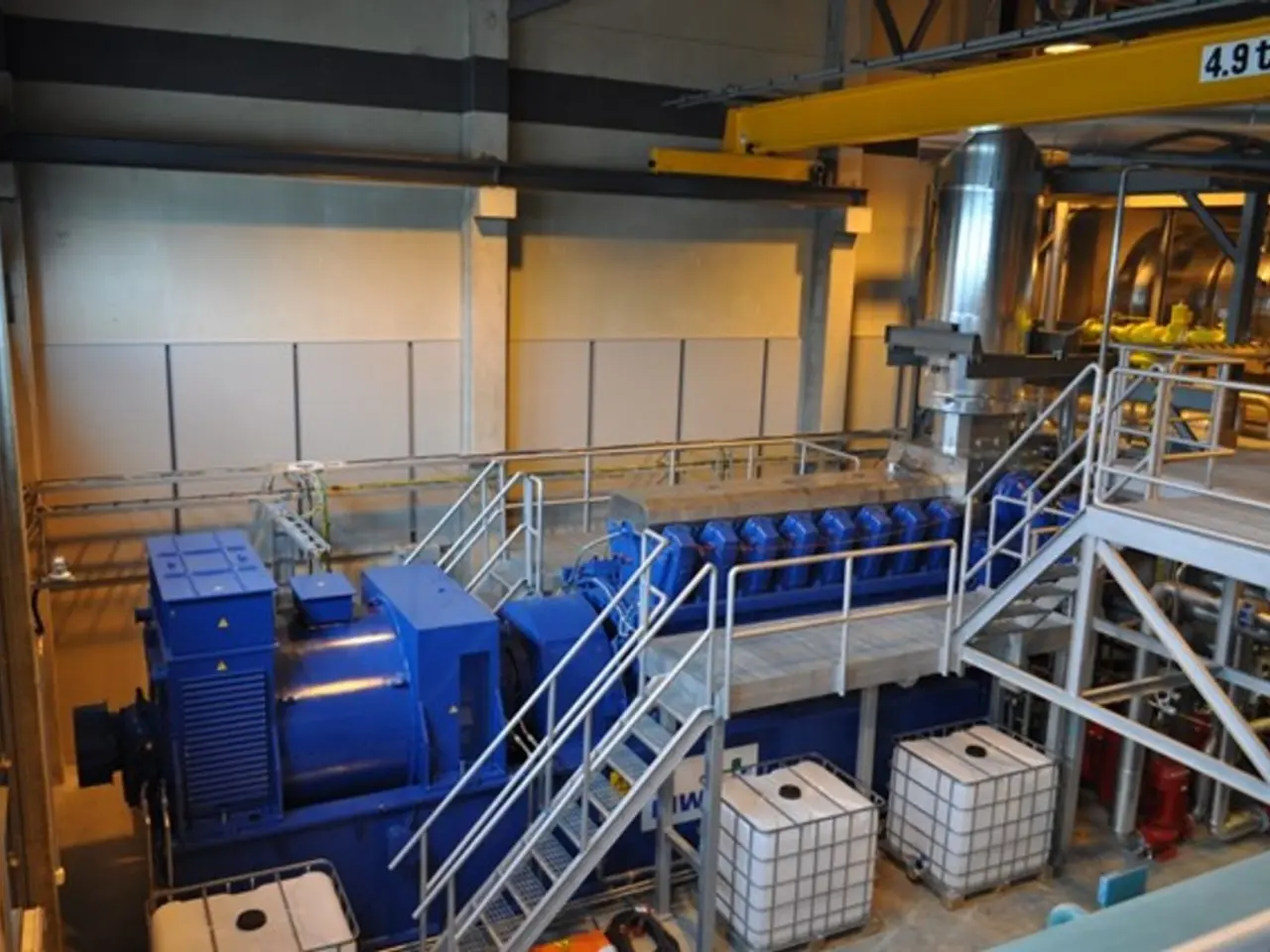Republic's President endorses private sector takeover of TAP through a formal decree of privatization
The Portuguese government has given the green light to the reprivatization of TAP, the country's national airline, following a series of clarifications with the government. The State plans to sell up to 49.9% of TAP's company capital, with 5% reserved for workers, as part of a four-phase process expected to be completed within a year.
The pre-qualification phase for interested parties will last 60 days, during which they will be assessed based on technical, legal, and administrative criteria. This is the first step in a process that also includes a direct sale of up to 49.9% of TAP’s capital, with the employee tranche having a preference for the remaining shares if it is not fully subscribed.
The reprivatization process also covers related assets such as Portugália, TAP’s health unit, Cateringpor, and SPdH (formerly Groundforce). However, the potential inclusion of TAP’s real estate assets near Lisbon Airport, known as the "TAP redoubt," is yet to be decided and may be integrated into the “Tejo Cities Park” project.
The negotiations with major European groups such as Air France-KLM, Lufthansa, and IAG are ongoing, and the government aims to finalize all four stages within the given timeline, subject to regulatory and governmental approvals. The President of the Republic has promulgated a decree-law approving the reprivatization of TAP, and Parpública will analyze proposals and prepare a technical report for the Council of Ministers regarding the TAP reprivatization.
The Prime Minister has reiterated that the Government does not find it sustainable to continue throwing money at TAP, and the Luis Montenegro Executive revived the intention to reprivatize TAP last year. Without the reprivatization option, TAP "would hardly be able to hold on," according to Montenegro in July. The Government has defended that saying this does not diminish TAP's potential.
It is important to note that the Privatization Law determines that if the entire 49.9% tranche is not subscribed, the buyer will have the right of preference over the remainder. The Government has not disclosed whether it will include TAP's immovable assets adjacent to Lisbon Airport in the reprivatization process.
The complete reprivatization of TAP is expected to be conducted in four phases, starting from July 10, 2025. The timeline is subject to change pending regulatory and governmental approvals.
[1] Source: Portuguese Government Official Statement [2] Source: TAP Executive Statement [3] Source: Privatization Law of Portugal
- The pre-qualification phase for potential buyers interested in TAP, the national airline of Portugal, will last 60 days, and the assessment will be based on technical, legal, and administrative criteria, marking the start of the four-phase process for the privatization of the company, which involves the finance, industry, and business sectors.
- As part of the share distribution plan for TAP's reprivatization, a 5% stake has been allocated for the workers, and if this tranche is not fully subscribed, the remaining shares will be given preference to the buyer, highlighting the significance of both the business and finance aspects of this process.




